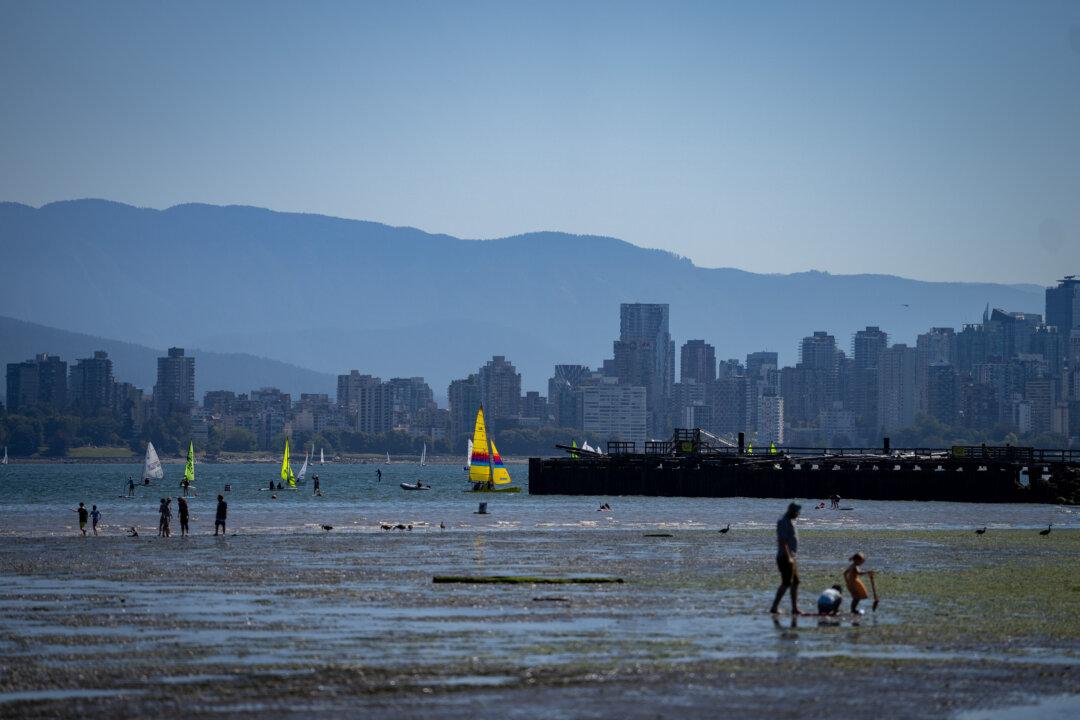Heavy rainfall is expected in parts of southern Ontario and Quebec as Environment Canada warns remnants of Hurricane Beryl could cause downpours starting late July 9 or July 10.
The weather agency warned of possible flash flooding in affected areas.

Heavy rainfall is expected in parts of southern Ontario and Quebec as Environment Canada warns remnants of Hurricane Beryl could cause downpours starting late July 9 or July 10.
The weather agency warned of possible flash flooding in affected areas.